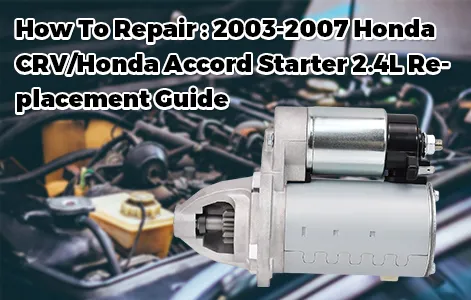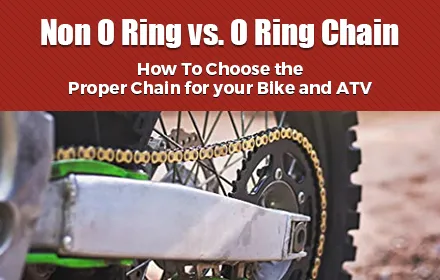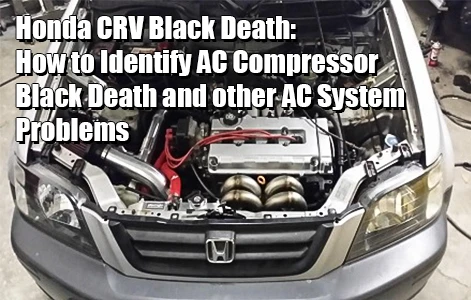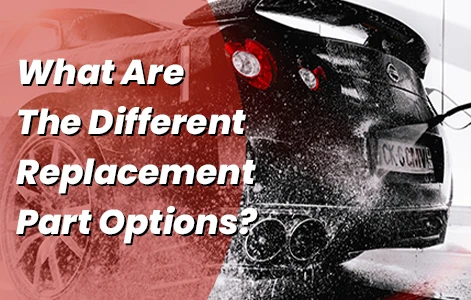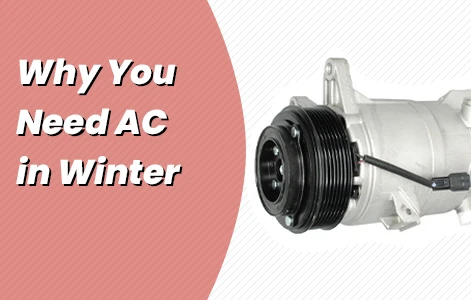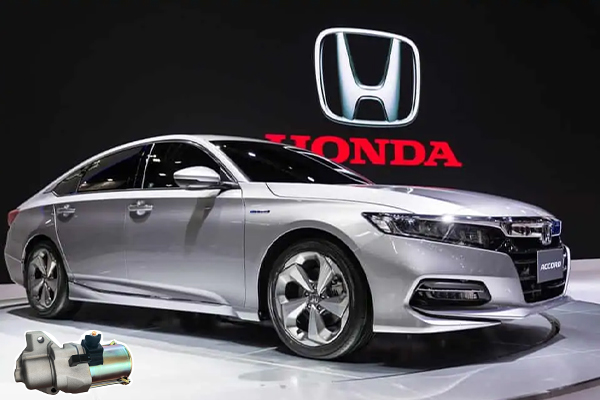
Your honda accord won't start suddently? These solutions show you some troubleshooting and fixing common car starter issues, save you money and keep you get back on road quickly.
Q: Why is my starter suddenly making a grinding noise?
A: Several things could produce grinding noises. First check to see if it has come loose. If so, install and replace any shims for proper drive gear to flywheel alignment and re-torque to OE specs. If it is still grinding, remove it for closer inspection, making sure to give the flywheel a detailed look. Replace components as needed.
Q: Why am I hearing a whine or whizzing sound without the engine cracking?
A: The drive gear is slipping and not engaging the flywheel. Starter Replacement is needed.
Q: Why does my starter keep running after the car starts?
A: It is either the solenoid or the ignition switch. You should consult a mechanic immediately.
Q: My car leaks oil on the starter, will that affect it?
A: Yes. An oil-soaked armature commutator and brushes will wear out much faster and you run the risk of a dead start burning up the field coils.
Q: Why does the battery cable on my starter smoke?
A: Resistance. Either from a weak, loose or corroded cable or a failing worn starter. Replace components as needed.
Q: Why does the starter quit working and turning over on my car when it’s hot?
A: It’s most likely a heat-soaked solenoid. Heat-soaked solenoids have much more internal resistance when hot. Replace if needed and add a heat shield and/or wrap the headers with heat barrier wrap.
Q: When do I need to replace my starter?
A: Replace your starter under any of these conditions.
1) If your engine doesn't crank constantly every time the key is turned.
2) If the engine will not turn over and you hear a loud click.
3) If the starter fails to turn off or grinds the entire drive.
In summary, if you have a strong battery and any one of these conditions exist, you should replace your starter.
Q: How to choose the correct starter for your vehicle?
A: To get a 100%-fit starter replacement, you should follow three key point.
1) Year, Make, Model, Engine:
Although same years vehicle but has different engine may need diverse starters.
2) Finding Your Starter's OEM Part Number
The OEM part number could be easily found on the your faulty starter. If it’s not clear to see, you can call a dealer with your VIN, then they will tell you with the OEM part number.
3) Check Starter’s Specifications
Starter’s specifications including teeth, bolt patterns, drive gears, electrical connections and power ratings, all them should match with your original one, sometimes the size and shape also should be the same.
